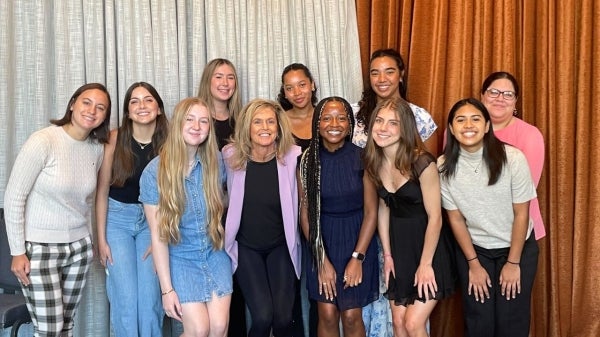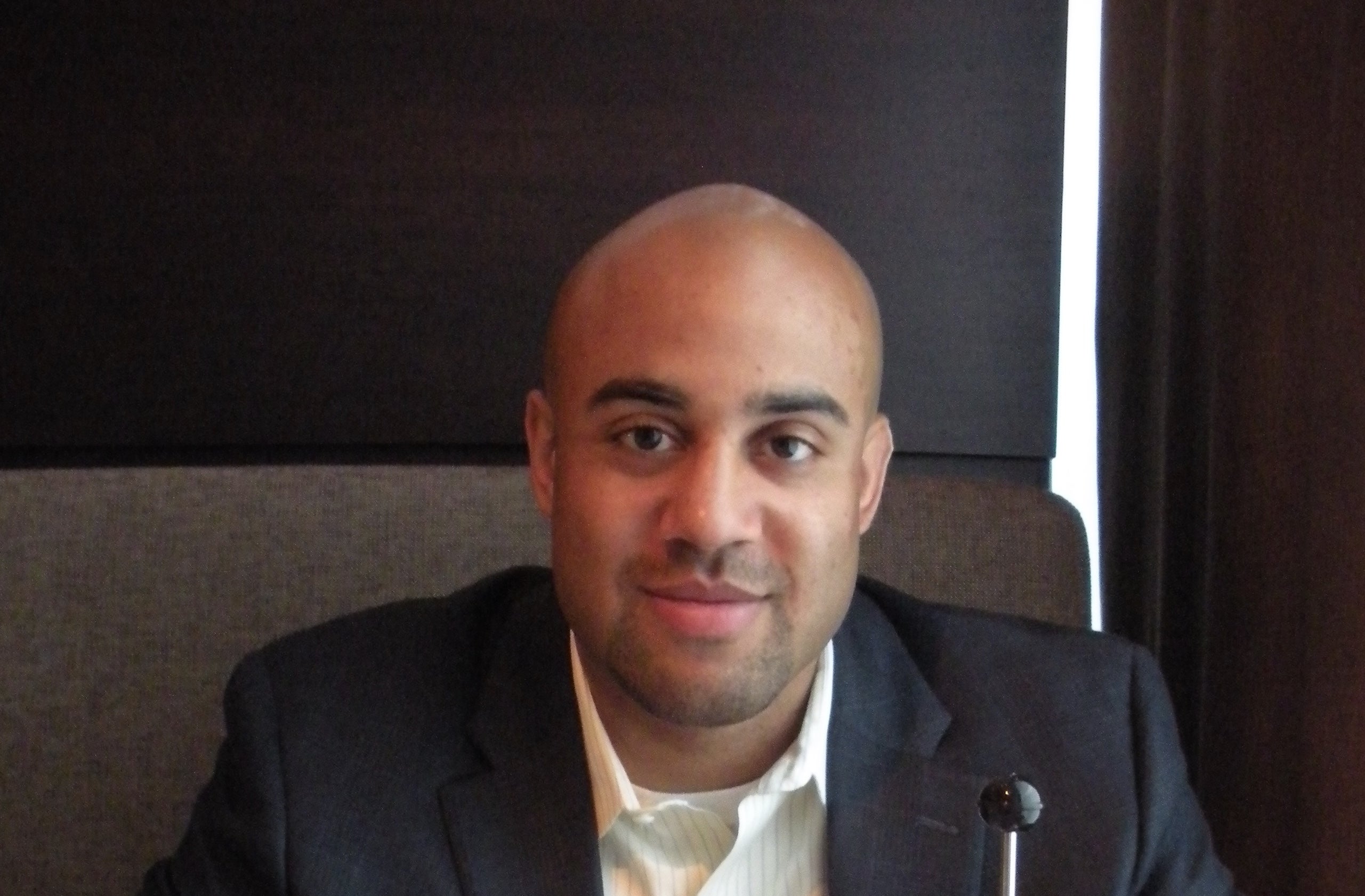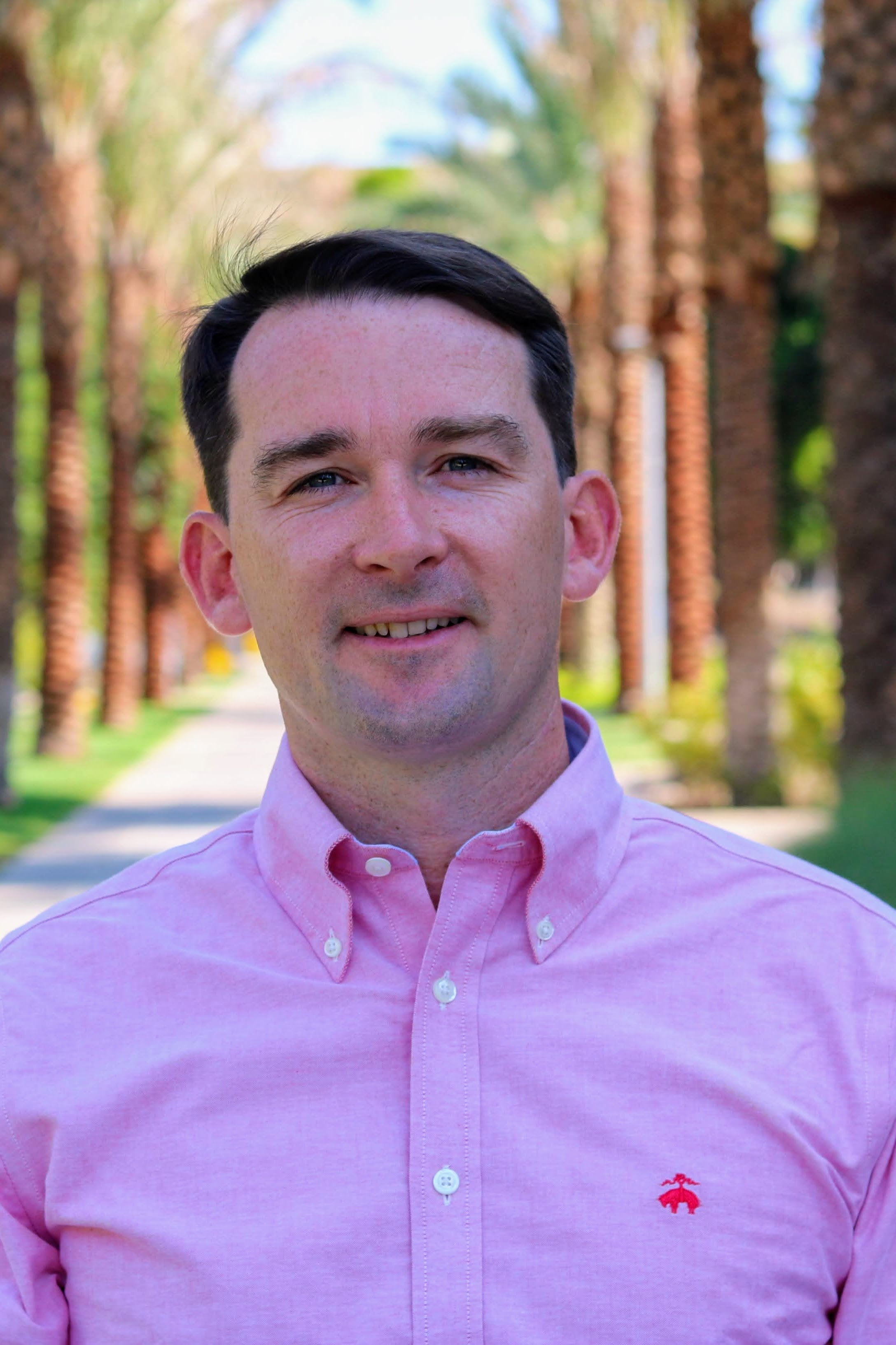From a young age, Americans are often told to avoid controversial topics such as politics and race. But avoiding them altogether may have contributed to today’s political polarization. Instead, Americans should engage in civil discourse. That is the rationale behind the relaunch of the podcast "Keeping It Civil," a partnership between Arizona State University's School of Civic and Economic Thought and Leadership (SCETL) and Arizona PBS.
"Keeping It Civil" is dedicated to creating space for disagreement on relevant topics and bridging political polarization through civil discourse. In each episode, hosts Joshua Sellers and Henry Thomson interview prominent intellectuals, authors and scholars with diverging views on pressing issues in America. Guests discuss a wide range of topics, including political reform, systemic racism and racial disparities, free speech on campus, meritocracy and populism.
Sellers is an associate professor of law at Sandra Day O’Connor College of Law at ASU. He is an expert on American politics and American election law.
“This is unlike anything I’ve done so far in my career, and I appreciate the opportunity to converse with these respected scholars, authors and intellectuals about some of America’s greatest challenges,” said Sellers, a lawyer and scholar with degrees from the University of Michigan and the University of Chicago.
Originally from New Zealand, Thomson is an assistant professor of political science in ASU's School of Politics and Global Studies.
“Josh and I met at a new faculty orientation five years ago. We have become good friends, and although we don’t agree on everything, we both love intellectual discussion and debate,” said Thomson.
Upcoming episodes feature Jonathan Rauch, Steven B. Smith, H. R. McMaster, Glenn Loury, Khalil Muhammad, Lara Bazelon, Andrew Sullivan, Kmele Foster and John Tomasi, among others. The podcast’s emphasis on civil disagreement aligns with SCETL’s mission and is an integral part of the Civic Discourse Project, which brings civic leaders, academics and public intellectuals to the ASU campus.
“It is a university — it's not a public park, it's not a political campaign. It's a distinctive kind of discourse meant to be more reasonable, meant to be more civil than other spaces of disagreement. That is the broader mission underlying the school’s educational and public offerings,” said Paul Carrese, director of SCETL.
Co-host Joshua Sellers
“SCETL’s mission involves students, faculty and the community at large in broad discussions about compelling and challenging issues of our times. That is how the Civic Discourse Project was born: as a public, civic discourse between SCETL and the broader Arizona community,” added Carol McNamara, SCETL’s associate director for public programs.
“At Arizona PBS, our goal is to keep the citizens of this state connected, not only to educational resources and informational programming, but also to each other and to the important discussions taking place in our communities and beyond,” said Adrienne Fairwell, the general manager at Arizona PBS. “A true, collaborative effort, this podcast perfectly aligns with that mission. We look forward to hearing the timely conversations between some of our country’s top thought leaders and our podcast hosts.”
Overseeing the production is Regina Revazova, founder of Open Conversation and a faculty associate at ASU’s Walter Cronkite School of Journalism and Mass Communication. She works closely with both Arizona PBS and SCETL to deliver a top-quality production.
“'Keeping it Civil' is a one-of-a-kind content that offers in-depth conversations with the brightest thinkers of our time. I'm so glad this will be available to the public, and (I'm) honored to be a part of this project,” said Revazova.
"Keeping it Civil" is available on all major platforms, including Spotify, TuneIn, Stitcher Radio, iTunes and Google Play.
Co-host Henry Thomson
SCETL is an academic unit inside The College of Liberal Arts and Sciences at Arizona State University. The school combines a liberal arts education with outside-the-classroom learning experiences to prepare its students for leadership roles in the 21st century. The school has also developed a robust public programming schedule in the Civic Discourse Project, which addresses the pressing issues of our times, aired on PBS Arizona. For more information about the school, visit scetl.asu.edu.
Arizona PBS is one of the nation’s leading public media organizations, with four broadcast channels and a growing array of digital platforms. A trusted community resource for nearly 60 years, Arizona PBS fosters lifelong learning through quality programming, in-depth news coverage and critical educational outreach services. The station's signal reaches 80% of homes in Arizona, delivering news, science, arts and children’s programming to 1.9 million households each week. Arizona PBS is a member-supported community service of Arizona State University, based at the Walter Cronkite School of Journalism and Mass Communication in the heart of downtown Phoenix. Learn more at azpbs.org.
More Law, journalism and politics

Cronkite School launches Women Leaders in Sports Media live-learn program
Women in a new sports media program at Arizona State University got a solid game plan from a sports veteran at an Aug. 20 welcome…

ASU center to host the Pursuits of Education and Excellence Symposium
The Center for the Study of Race and Democracy (CSRD) at Arizona State University is introducing the Pursuits of Education and…
ASU journalism students dominate NATAS Student Production Award nominations
Students at Arizona State University’s Walter Cronkite School of Journalism and Mass Communication dominated the nominations…


